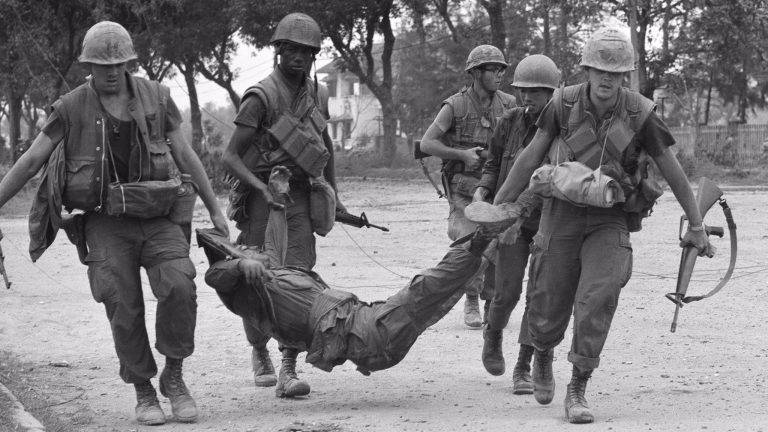US military commander secret plans to use nuclear warheads during war, if on the verge of defeat: NYT
Shares

NEW YORK - The commander of US forces in Vietnam had devised a secret plan to use nuclear warheads against North Vietnam in 1968 during the Vietnam War before President Lyndon Johnson halted the ongoing preparations, the New York Times (NYT) reported, citing recently declassified documents.
The documents show General William Westmoreland, the Saigon-based American commander, sought to have nuclear weapons at hand should the US forces find themselves on the verge of defeat at Khe Sanh, one of the fiercest battles of the war, the Times said.
After receiving the approval of the American commander in the Pacific, Westmoreland put together a secret operation, code-named Fracture Jaw.
As part of the operation, nuclear weapons were to be moved into South Vietnam so that they could be employed on short notice against North Vietnamese troops.
However, President Johnson’s national security adviser, Walt Rostow, notified the president in a memorandum on White House stationery, prompting the president to reject the plan.
“When he learned that the planning had been set in motion, he was extraordinarily upset and forcefully sent word through Rostow, and I think directly to Westmoreland, to shut it down,” Tom Johnson, then a young special assistant to the president and note-taker at the meetings on the issue, told the New York Times.
The president was worried about “a wider war” which would also involve the Chinese like in Korea in 1950, Johnson said.
The president “never fully trusted his generals,” Johnson was quoted as saying. “He had great admiration for General Westmoreland, but he didn’t want his generals to run the war.”
The story of how close the United States came to using nuclear weapons in Vietnam is contained in “Presidents of War,” a coming book by presidential historian Michael Beschloss.
“Johnson certainly made serious mistakes in waging the Vietnam War,” Beschloss, who found the documents during his research for the book, said. “But we have to thank him for making sure that there was no chance in early 1968 of that tragic conflict going nuclear,” it concluded. - APP
